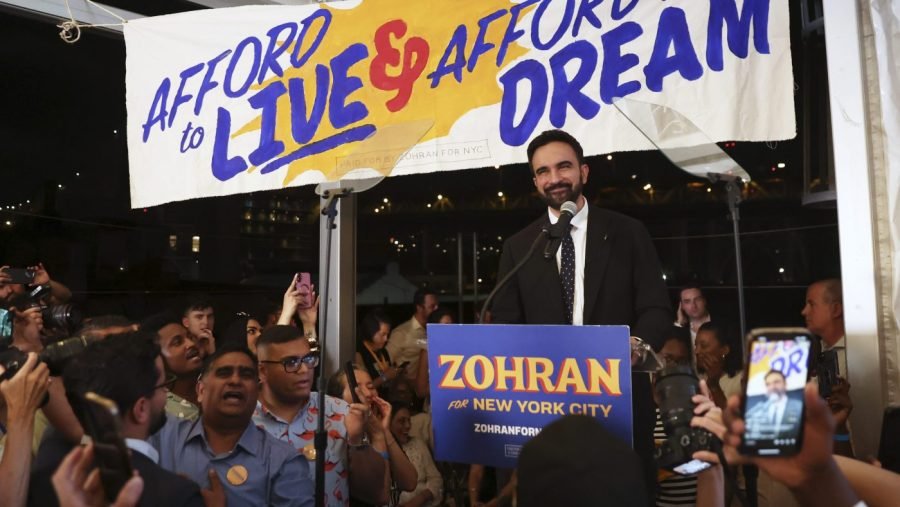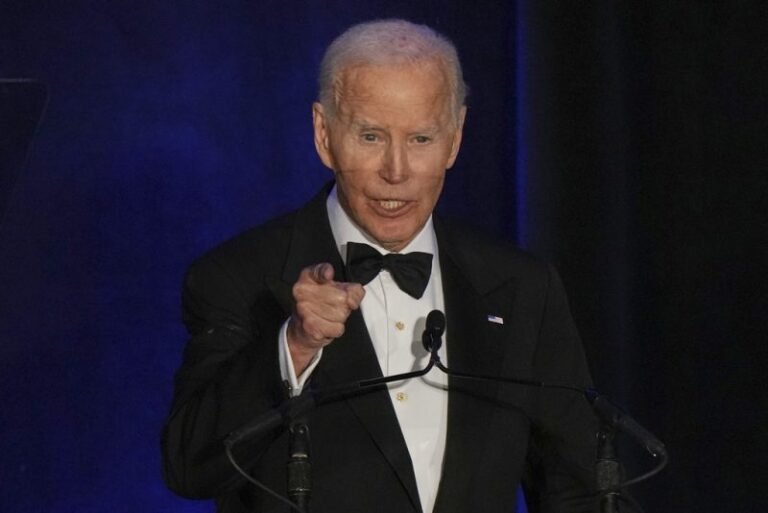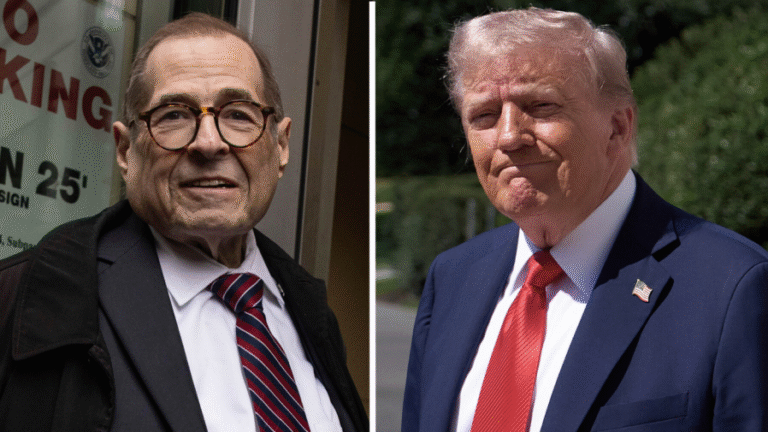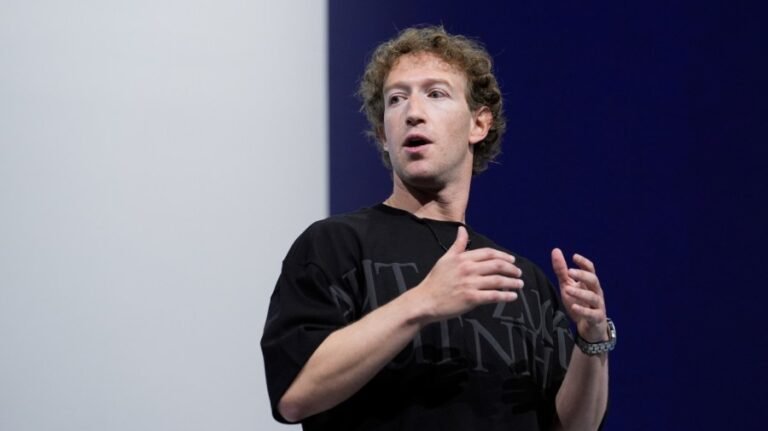
“All animals are created equal, but some are more equal than others.”
Those chilling words from George Orwell’s “Animal Farm” summarizes socialism’s inevitable conclusion — disillusionment, corruption and failure. When the pigs on Orwell’s farm take over and set the rules, promising equality, it turns out they do better than anyone else, contradicting the premise of their original egalitarian power grab.
It is a marvelous fable and also accurate. As socialist policies infect regimes from Venezuela to the European Union, innovation dries up, growth stalls and corruption blooms. Whether it’s socialism light, as in Europe, or the destructive grasping of private enterprise that has crushed Venezuela, the results are predictable and consistent.
In the 1950s, Venezuela was the fourth-wealthiest country in the world; today, almost 90 percent of the country lives in poverty, inflation is ruinous and the economy has been shrinking for years.
The EU, where the government have taken an ever-larger slice of the economy and the welfare state has mushroomed, residents have paid a high price. The World Bank reports that from “2008-2023, EU GDP grew by 13.5% (from $16.37 trillion to $18.59 trillion) while U.S. GDP rose by 87% (from $14.77 to $27.72 trillion).”
Bottom line: capitalism outperforms socialism.
This is not an academic issue today. Because Democrats lack leadership and an agenda that appeals to the majority of Americans, there is a vacuum at risk of being filled by democratic socialist politicians like Zohran Mamdani, who is running to become mayor of New York City. Democratic officials, who not so long ago conspired to deny Bernie Sanders their party’s nomination in fear he would be obliterated in an election, are like children covering their eyes at a scary movie; they don’t dare look and they are hoping it will end soon.
Bernie, you see, is also a democratic socialist. Though he won early primaries, Democrats knew that if he became their candidate in 2020, he would lose. So, they maneuvered Joe Biden into winning the nomination. The rest is history.
Given the intellectual poverty of their party, the popularity of socialist-leaning candidates may spread. That’s certainly the plan of the Democratic Socialists of America, which held its convention in Chicago last month. They celebrated Mamdani’s victory in the mayoral primary, with one delegate saying, “Zohran shows that Palestine is a winning issue. That socialism is a winning issue.”
That’s also the rallying cry of some of the louder Democrats in Congress, like Squad members Alexandria Ocasio-Cortez (D-N.Y.) and Rashida Tlaib (D-Mich.), who said in her keynote speech, “They don’t have any other choice. Our movement isn’t going anywhere and we’re just getting started.”
Jeffery Mays at The New York Times appears to be anticipating a surge in democratic socialism, and a possible backfire from voters, so he is trying to normalize Mamdani’s campaign. Aware that most Americans do not approve of socialism, Mays wrote recently to explain how socialism and democratic socialism are not the same thing.
Mays explains that even though Mamdani is a member of the Democratic Socialists of Americans (DSA) and its NYC chapter, his platform is not the same as either of those organizations. That’s a helpful clarification, because the DSA says that to achieve its goals, “citizens must ‘collectively own’ the means of economic production, including transportation and energy resources.” That sounds a lot like socialism. Further, the DSA describes itself as “the largest socialist organization in the country; but Mamdani, who is a member, is not a socialist. Got it?
Also muddying the Mamdani waters is that while in the state legislature, he belonged to a group called “Socialists in Office.” But remember, he is not a socialist!
Why is a Times writer twisting himself into such rhetorical pretzels? Because at the moment, Mamdani is winning the race for mayor, and because other young candidates may adopt his playbook, jeopardizing mainstream Democrats. Mamdani is promising to make life affordable for New Yorkers by capping rents, providing free child care, free buses and government-run grocery stores.
Presumably the candidate is able to read and, being a responsible person, scanned the literature about the success or failure of such initiatives. Had he done so, Mamdani would have discovered near-universal agreement that not allowing rents to increase along with the taxes, wages, electricity and other costs incurred by landlords drives down the housing stock and eventually produces monster increases in rent.
Therefore, Mamdani would appear to be cynically feeding on the discontent he senses in his generation, in particular, rather than proposing serious measures to improve the lives of most New Yorkers.
He may be responding in particular to what Axios CEO Jim VandeHei recently described as a “crisis of hope.” VandeHei describes the mood of the country as “gloomy,” citing various polls that show people not very confident their own financial situation will improve or that their kids will do better than they have done. He also points to a lack of respect for America’s institutions and waning faith in our democracy.
A recent piece from Bloomberg addressed a similar issue, noting that, despite low unemployment and decent growth, people were largely negative about the economy.
Certainly, these issues are real and will likely inspire more candidates with Mamdani-like socialist leanings. They will promise that redistributing income and growing the state will make life better. Unhappily, a whole new generation may have to learn first-hand that those policies will not work, and never have.
Liz Peek is a former partner of major bracket Wall Street firm Wertheim and Company.


